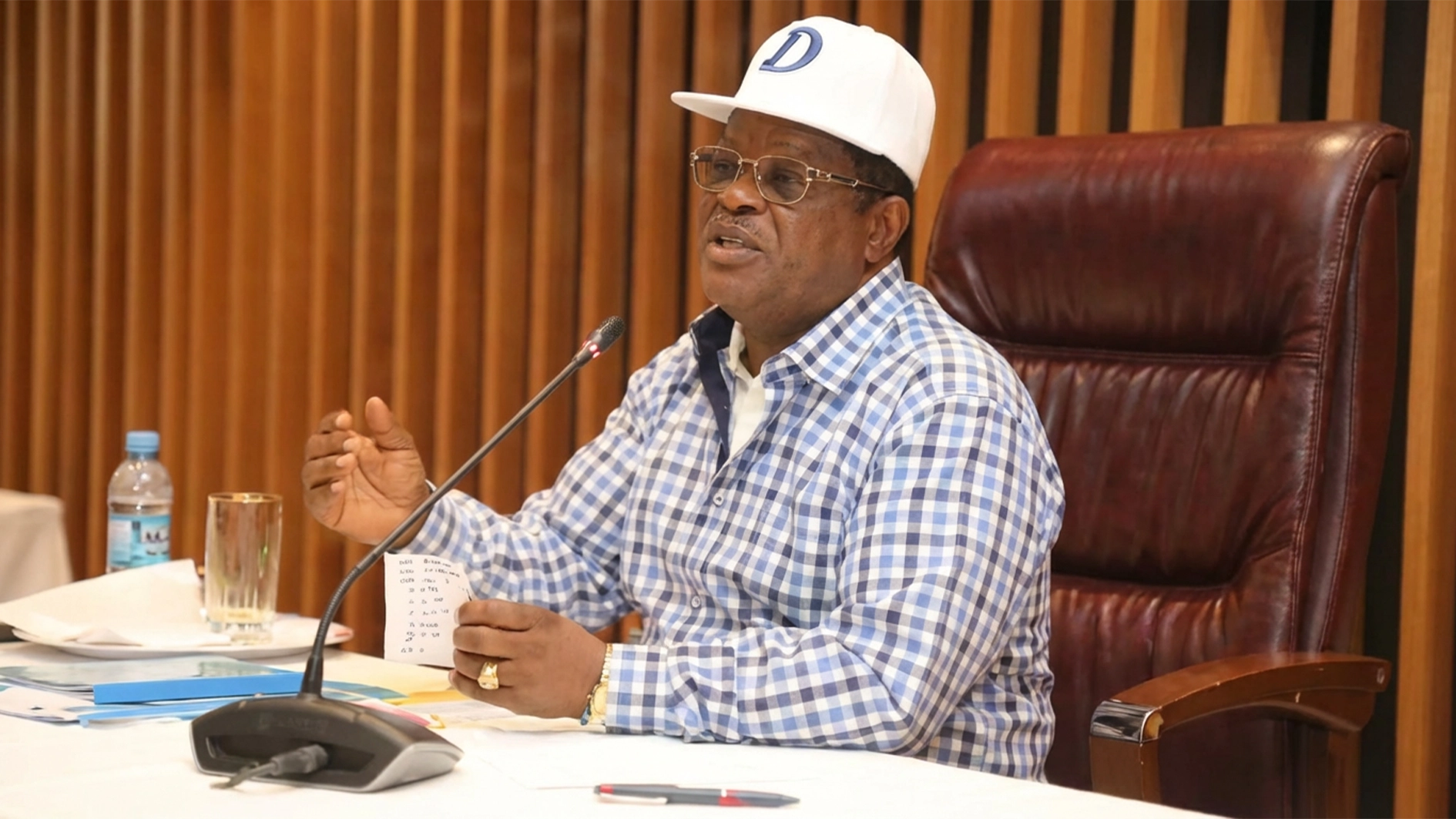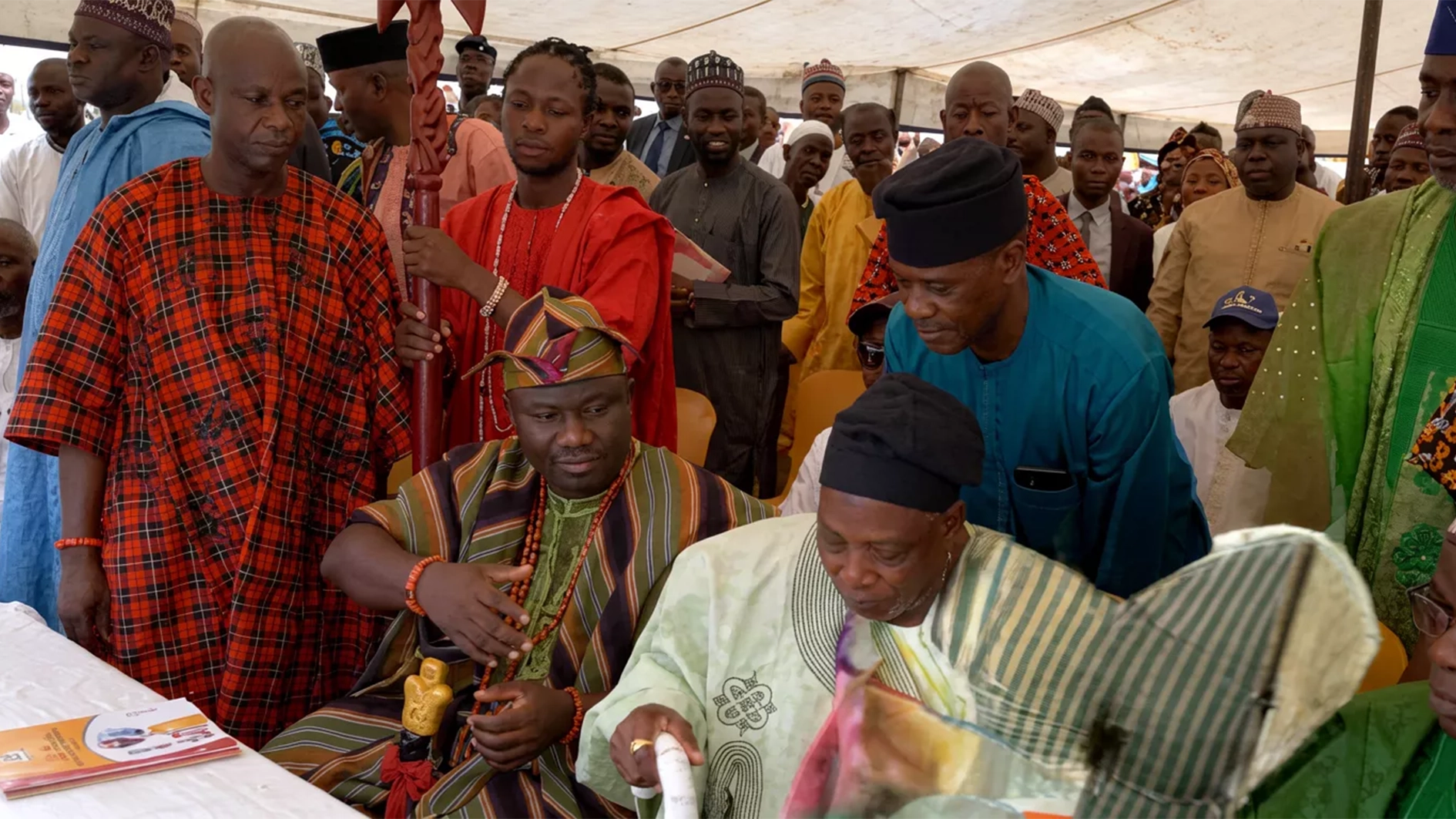The Revised National Employment Policy (NEP) is central to Nigeria’s commitment to lifting millions of Nigerians out of poverty, the Minister of Labour and Employment, Muhammad Dingyadi, has said.
Presenting a keynote at the launch of the Revised NEP 2005 in Abuja, the Minister explained that the revised policy offers a bold, inclusive and future-fit solution to the country’s employment challenges.
Dingyadi noted that the policy would provide a labour market that delivers inclusive growth, equity, productivity and sustainability for every Nigerian.
According to him, the review was necessitated by Nigeria’s employment landscape, which has been challenged by high youth unemployment, underemployment, informality, gender disparities and regional inequalities.
The minister recalled that the recent COVID-19 pandemic further exposed Nigeria’s vulnerabilities and the need for proactive, adaptive and progressive employment policies.
Beyond the pandemic, he noted, the global world of work is being reshaped by automation, climate change, digitisation, demographic shifts and geopolitical uncertainties, making it imperative to respond, not with business-as-usual frameworks, but with bold, inclusive and future-fit solutions, which the Revised NEP represents.
He added: “The NEP 2025 is not a stand-alone policy. It is a strategic compass aligned with Nigeria’s National Development Plan (2021-2025), ECOWAS Labour and Employment Protocols, the African Union’s Agenda 2063, the Sustainable Development Goals and the International Labour Organisation’s Future of Work Initiative.
“The NEP 2025 is fully aligned with the Renewed Hope Agenda of President Bola Ahmed Tinubu. At the heart of the Renewed Hope Agenda is a national commitment to lift millions of Nigerians out of poverty through job creation, youth empowerment, enterprise development, digital innovation and inclusive growth.
This policy offers a coherent roadmap to actualise those goals by promoting decent work, formalising the informal economy, boosting employability, and unlocking emerging sectors for job creation.”
According to the minister, in line with President Bola Tinubu’s vision, the NEP identifies employment not only as an economic objective, but also as a tool for social justice, national security and sustainable development.
He explained that the policy provides the strategic direction for all employment-related initiatives under the administration, ensuring synergy across government organisations and alignment with national priorities, while also promoting inclusivity for youth, women, and persons with disabilities.
The minister stated that the Revised NEP provides practical guidelines and targeted strategies to address employment challenges and also introduces measurable indicators and timelines to enable evidence-based implementation and monitoring.
Dingyadi noted that the Revised NEP 2025 significantly recognises the evolving shape of the Nigerian economy, integrating emerging sectors such as the digital economy, blue economy, green economy as well as the orange economy.
The Minister disclosed that the policy also recognises remote work (Telework) as an increasingly viable and flexible mode of employment, especially for persons with disabilities, women with care responsibilities, and others facing mobility constraints.
He called for collective efforts to bring the policy to life, including clear political will, sustained financing, institutional accountability, and, above all, partnerships.






